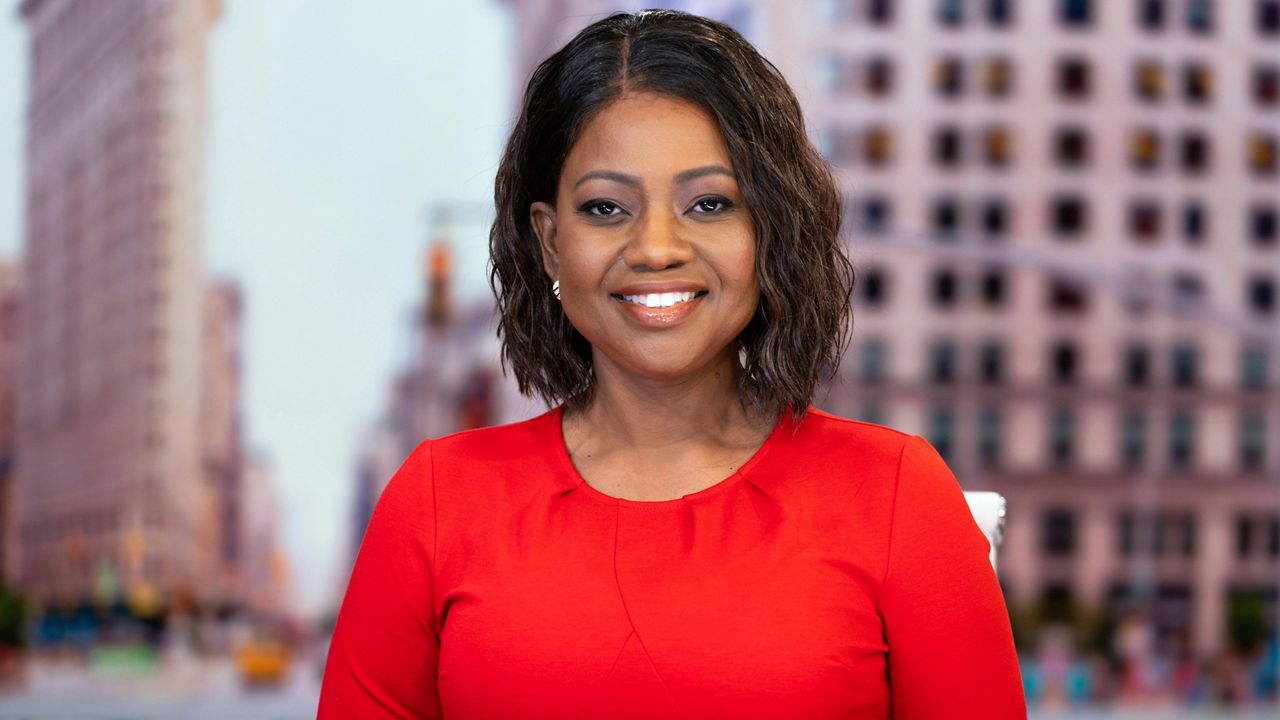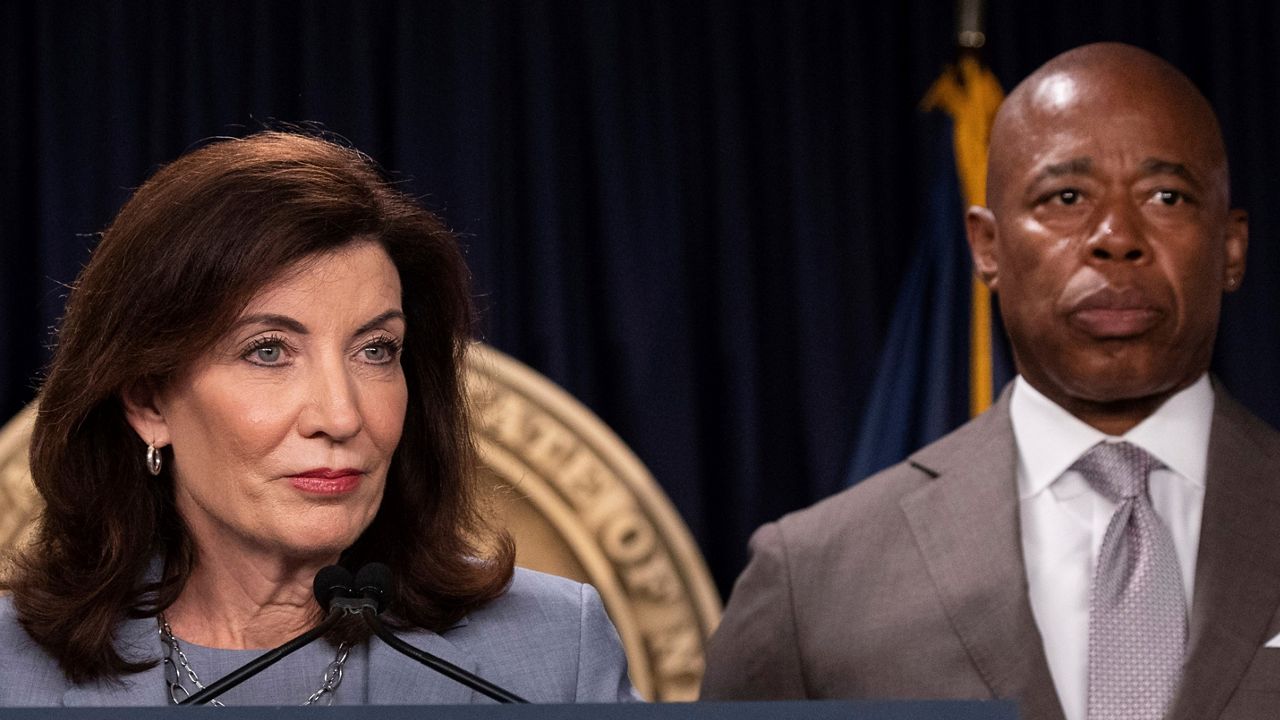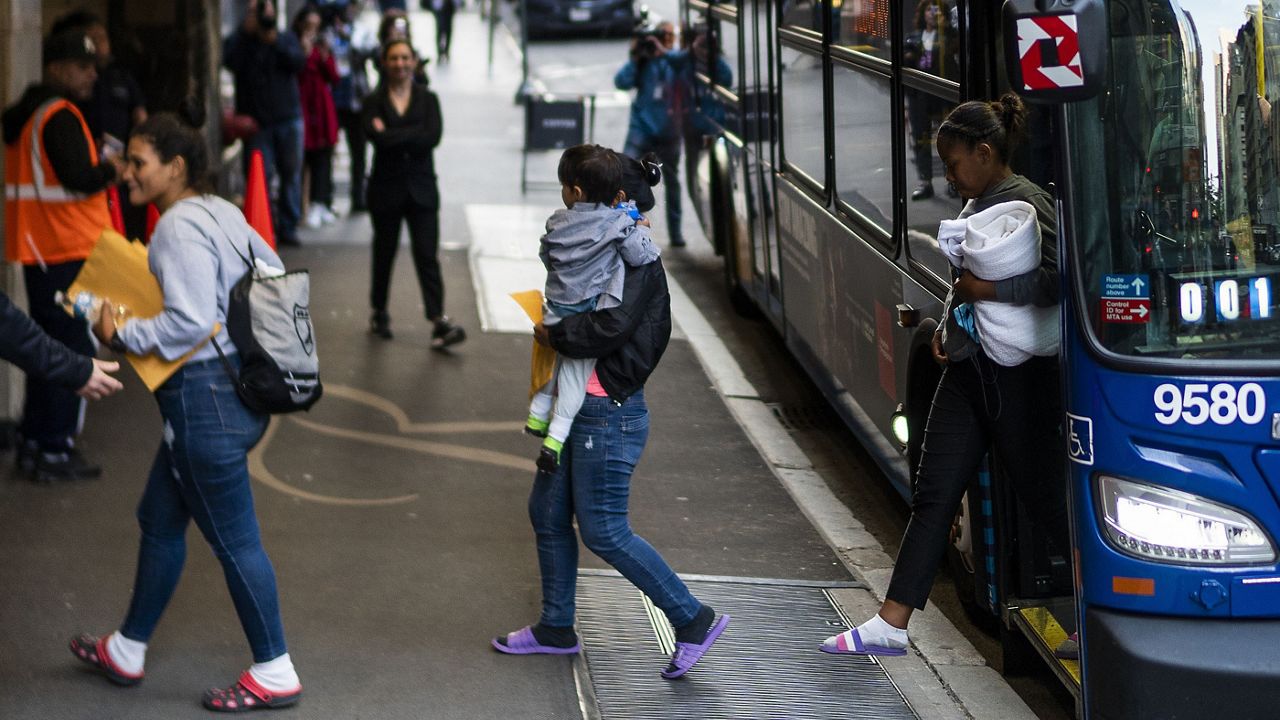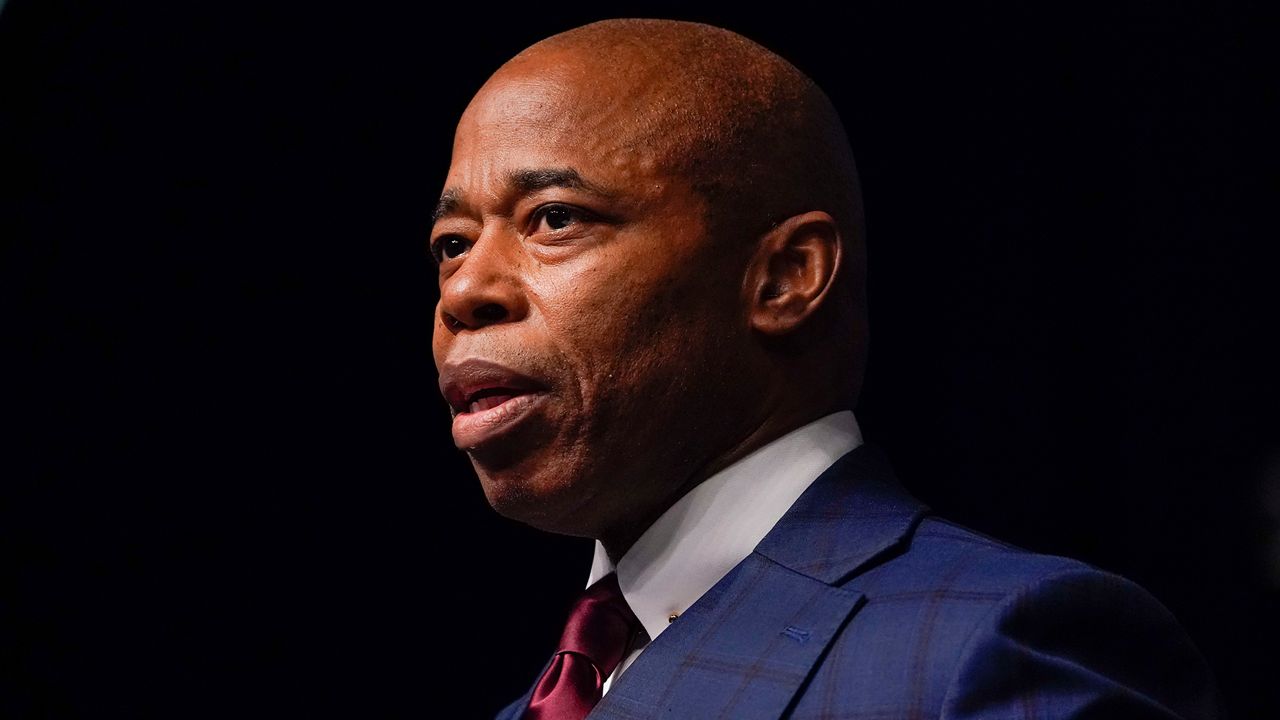With all the attention that the upcoming presidential race is getting, it's easy to lose sight that New York City voters are being asked to head to the polls in a little more than a month.
What's at stake? You can't tell the players without a scorecard, but luckily, the Board of Elections last week released its official ballot, showing that although all 51 City Council seats are theoretically up for grabs, 14 candidates won't even be facing a challenger.
Some of the council's most outspoken and more conservative members, including Bob Holden and Joann Ariola in Queens, are running unopposed. On the outspoken liberal end of things, Brooklyn's Chi Ossé and Manhattan's Carlina Rivera are among those with no opponent. Up in Harlem, Yusef Salaam won a highly competitive Democratic primary in June, but he can simply take a victory lap in November because no one is running against him.
Because of redistricting caused by the U.S. Census, the current and the upcoming Council terms are only two years long, something that could be keeping fewer candidates than usual from running. But there still seems to be a massive drop-off when it comes to attention and interest in local campaigns compared to the bright, shiny race for the White House.
You'd think that with law and order becoming a central issue after crime surged in New York City in 2020, the races for district attorney would be more competitive. You'd have thought wrong. While three incumbent D.A.'s are up for reelection, only Queens' Melinda Katz is facing a Republican opponent. The GOP is entirely sitting out the races for district attorney in the Bronx and on Staten Island, giving Darcel Clark and Michael McMahon a free pass on Election Day. While registered Republicans in those boroughs can exercise their constitutional right to speak out against Clark and McMahon, they should also wonder what's going on with their party's local leadership. Meanwhile, the malaise also extends to the city's judicial campaigns, with only four of the 22 races across the city having candidates with opponents.
Even if you don't have a race with an actual opponent, your polling place will also be open on Election Day. That not only gives you the opportunity to write in someone else's name in these races, but it’s also important because there are two amendments to the state constitution on the ballot.
What pressing constitutional issues could New Yorkers be facing? Gay marriage? Abortion? No, here in the Empire State, voters have to weigh in on whether debt limits for small city school districts should be lifted and whether sewage facilities should be exempt from debt-limit calculations. While not exactly the Equal Rights Amendment, these ballot measures actually mean something for number crunchers in small municipalities upstate.
So laugh all you want about debt relief for sewer construction; the last laugh will be on us as we prepare for some heavier sewage in the presidential race.
Editor's Note: The number of City Council candidates who will not face election challengers is 14. A previous version had the incorrect number.









